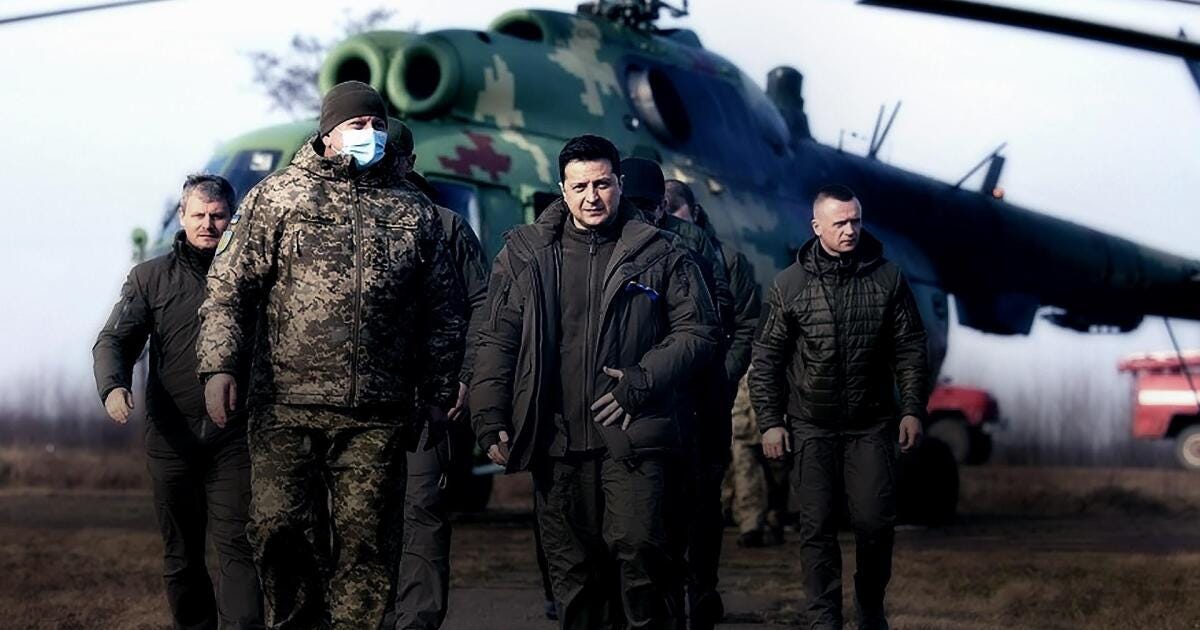TV Review: Zelenskyy: The Man Who Took on Putin
PBS report on Ukrainian leader lacks facts, context and analysis
As curious as most Westerners or Americans about the media’s newest darling, I recently tuned into a PBS broadcast which is aimed to exploit this year’s Russian invasion of another country. I watched the 25-minute Zelenskyy: The Man Who Took on Putin with an active mind and ready to learn.
Instead, the PBS program fawns over the embattled Ukrainian leader with a stream of scholars and intellectuals apparently and mostly awed by Volodymyr Zelensky, whom I did learn was born in the winter of 1978. I would’ve liked to hear more than a few sentences from scholars such as Russian history professor Robert Service, who also participated. But the filmmakers are content to let viewers know that Zelensky has “a million followers on Instagram.” That line captures its depth.
Zelenskyy: The Man Who Took on Putin is more like a trailer or teaser for a celebrity infomercial than a serious biographical sketch. Produced and directed for PBS by Daniel …
Keep reading with a 7-day free trial
Subscribe to Autonomia to keep reading this post and get 7 days of free access to the full post archives.




